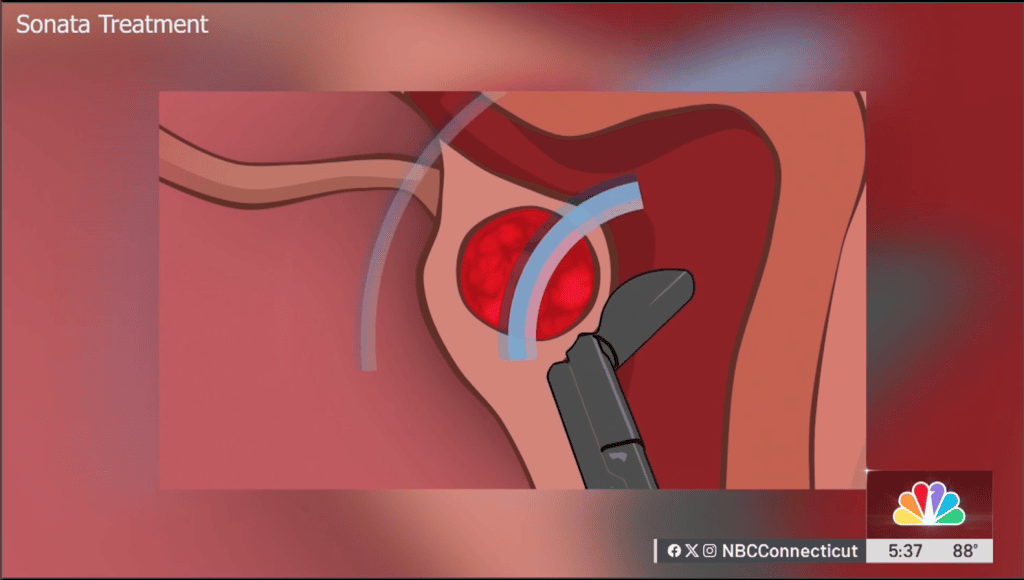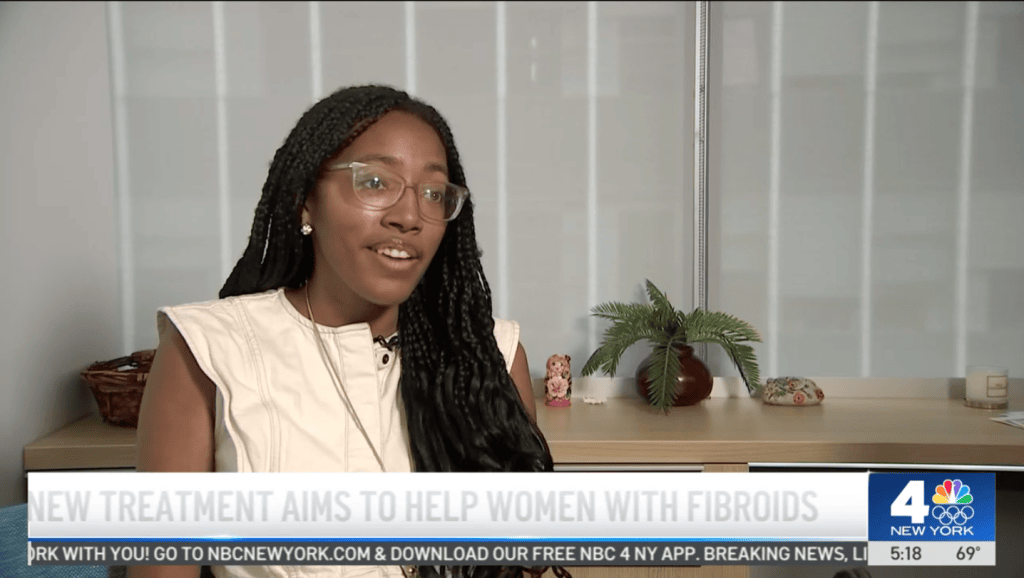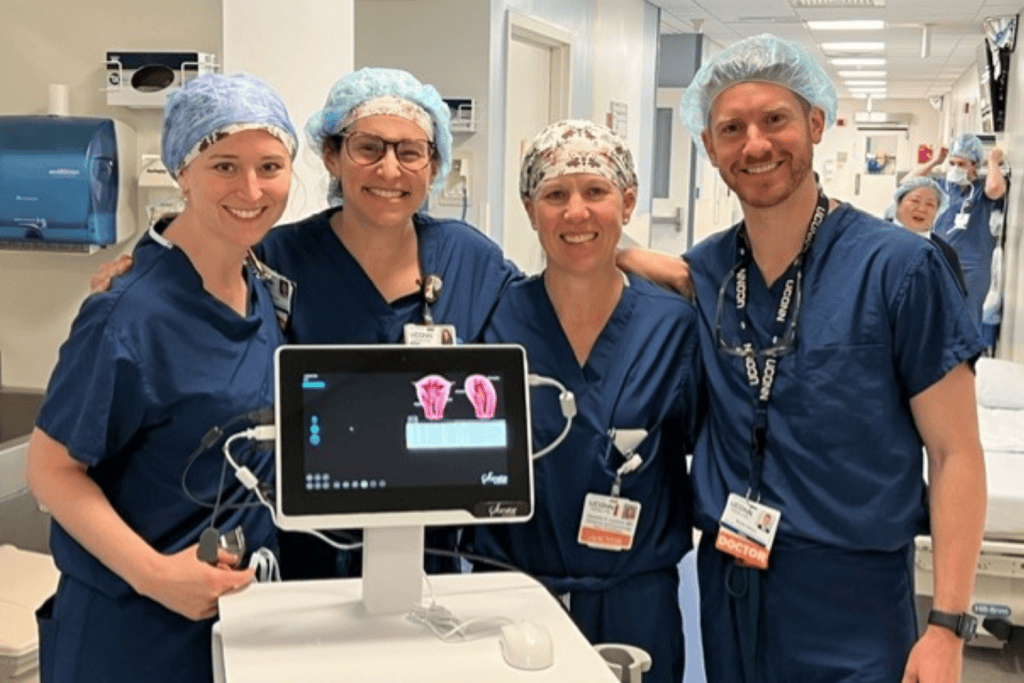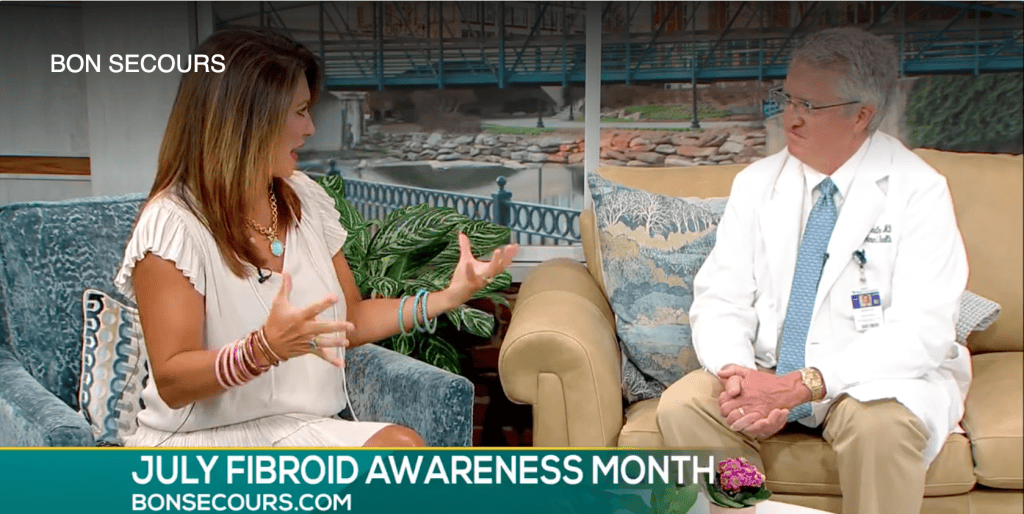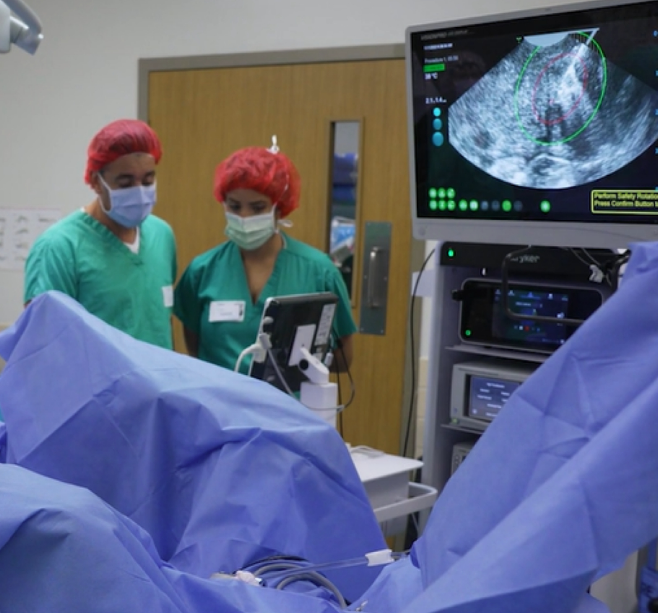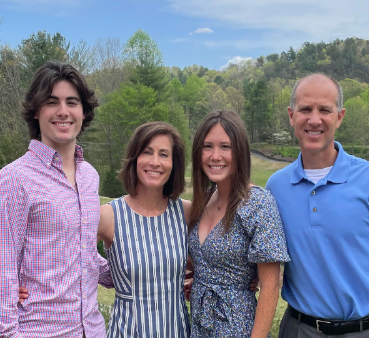Revolutionizing Fibroid Treatment with Enhanced Precision, Control & Flexibility REDWOOD CITY, CA, September 26, 2024 – Gynesonics Inc., a medical device company focused on the development of minimally invasive solutions for symptomatic uterine fibroids, announced today the launch of its new
First-of-its-Kind Uterine Fibroid Treatment Comes to UConn Health
A new, less costly, less invasive, and less time-consuming option for treating uterine fibroids is now available to the women of Connecticut. NBC Connecticut features a segment on the Sonata Treatment with insights from Dr. Jessie Jones and Dr. Amanda Urich of UConn Health. Watch the news segment
WNBC-NY – New Treatment to Help Women with Fibroids
Patient Lauren Mims shared her journey with fibroids on WNBC-NY. Struggling since age 17, Lauren faced ER visits, five surgeries, and three different medications before finding relief through transcervical uterine ablation. Dr. Tara Shirazian from NYU Langone performed the procedure and discussed
UConn Health Is the First and Only in Connecticut to Offer Innovative New Procedure to Treat Uterine Fibroids
UConn Health is the first in Connecticut to offer Sonata® treatment for uterine fibroids, providing a non-surgical, incisionless option using radiofrequency ablation. This procedure significantly reduces fibroid symptoms such as heavy and painful menstruation. Patient Jaime Sanchez, who underwent
Bon Secours Educates Women on Fibroid Awareness Month
In recognition of Fibroid Awareness Month, Dr. Edward Heidtman from Bon Secours recently shared insights on WSPA 7NEWS regarding advanced treatment options for fibroids and the importance of empowering women to take control of their health. His interview provides great information on managing
How the Sonata Treatment Restored Quality of Life for a Patient with Uterine Fibroids
The side effects of uterine fibroids ruled Brandy Addis’s life. Brandy has a history of cramping and heavy periods that would last seven to 10 days. Over the last couple of years, her symptoms and experiences were worsening with her period occurring twice a month. The last few years were so awful
Uterine Fibroids Were No Match for Marilee
Marilee Calamas is a family nurse practitioner who was the picture of good health – except for her heavy periods caused by uterine fibroids, which made day-to-day activities impossible during her menstrual cycle. Fortunately, she was a candidate for [the Sonata treatment,] a minimally invasive

